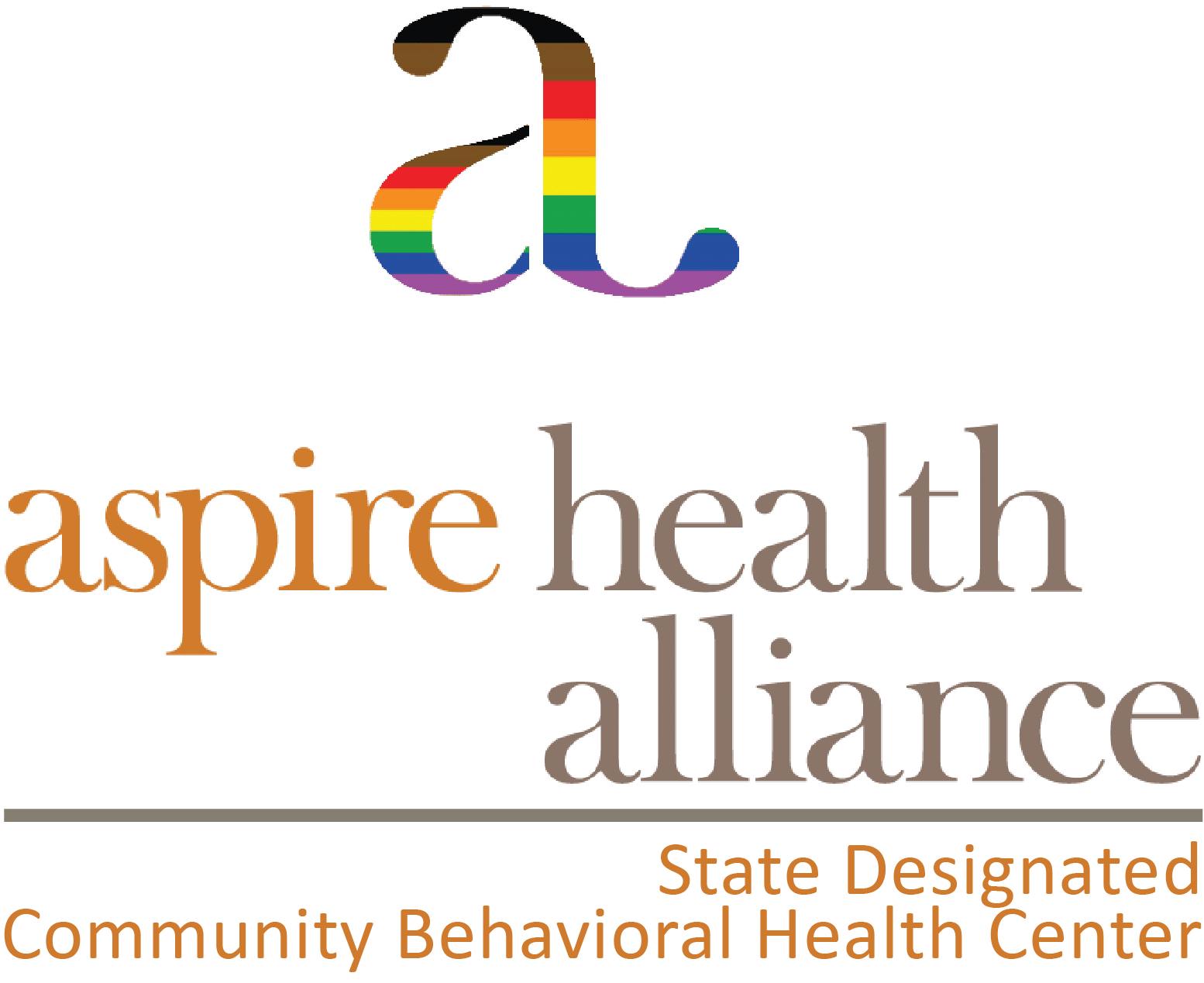 “Quack, quack.”
“Quack, quack.”
If you live anywhere near Boston, those two words immediately stir up local imagery. Even if you’re a tourist on a duck boat on the Charles River, you’ll learn soon enough to go “Quack, quack” while you’re on the boat. Then there’s the finish line of the Boston Marathon. It’s a big yellow and blue line with Finish written on it that came to the world’s attention during the race in 2013. Whenever people cross that spot, they raise their hands in the air and say, “Quack, quack” as if they’ve been running the race.
Recently I’ve imagined another spot I’d love to see a finish line people would celebrate with equal gusto.
South Shore Peer Recovery (SSPR), and all-volunteer, grassroots organization, began in 2014 with a group of people who saw a need for more help for individuals suffering from substance use disorder—and their families. The objective was to stop people from feeling alone. As one of the cofounders, who spent 40 years using alcohol and marijuana, expresses, “The Recovery Community is the place to find the wisdom gained from lived experience; what works and what doesn’t work.” The power of peers in recovery is the core. SSPR’s mission is grounded in the belief that though recovery may begin in treatment, it happens in the community. Through peer support, education, and advocacy, SSPR’s programs aim to remove barriers to recovery, treating everyone with dignity. Monthly meetings provide a base for building a community-based coalition.
One of the unique challenges of substance abuse disorders is that people feel uniquely affected by them. Individuals with the disorders feel no longer part of the community. Family members also feel isolated. The more things hurt, the more people isolate themselves and move away from community. For physical pain, people eventually go to a doctor—even men. But that’s not true for pain that comes from isolation related to substance abuse. SSPR is a way to counter the pain.
Over the last couple of years, it’s grown enough to offer a set of programs and services where people can help each other: faith, sports, parenting, discussion groups, meditation—even comedy.
And now they’ve welcomed me into their community as a board member at the “Little House on the Beach,” as they call their space.
I’d like to see a line that goes out across the street. It would be a starting line for everyone who visits and assurance that they would always have company for the recovery journey. There’s a lot of love in that place. People are working out how far love should take them. When they should pull back. When they should do more. What the treatment options are. Who is going to look after me?
These are the questions peers can help answer when professionals don’t know the answers. In that environment, nothing is clinical and everything is love.
South Shore Peer Recovery envisions a world where the joy, hope, and healing of recovery, body, mind and spirit, is nurtured with understanding, support, and common purpose. Find out more at southshorepeerrecovery.org.
And if you visit The Little House on the Beach, be open to love, imagine the line I imagine, and get ready to “quack, quack” in one more place around Boston.

Antony Sheehan
President/CEO
Aspire Health Alliance
